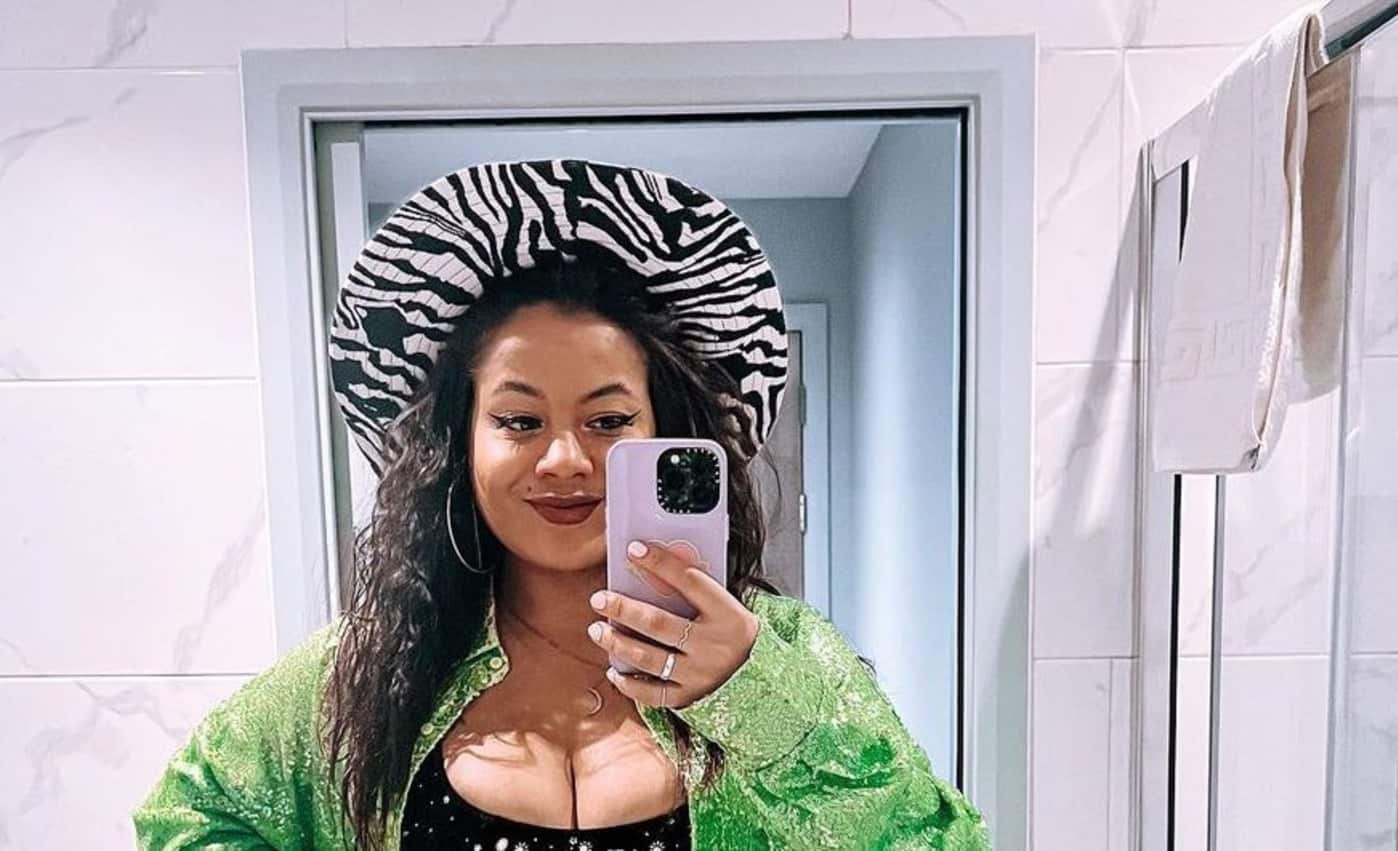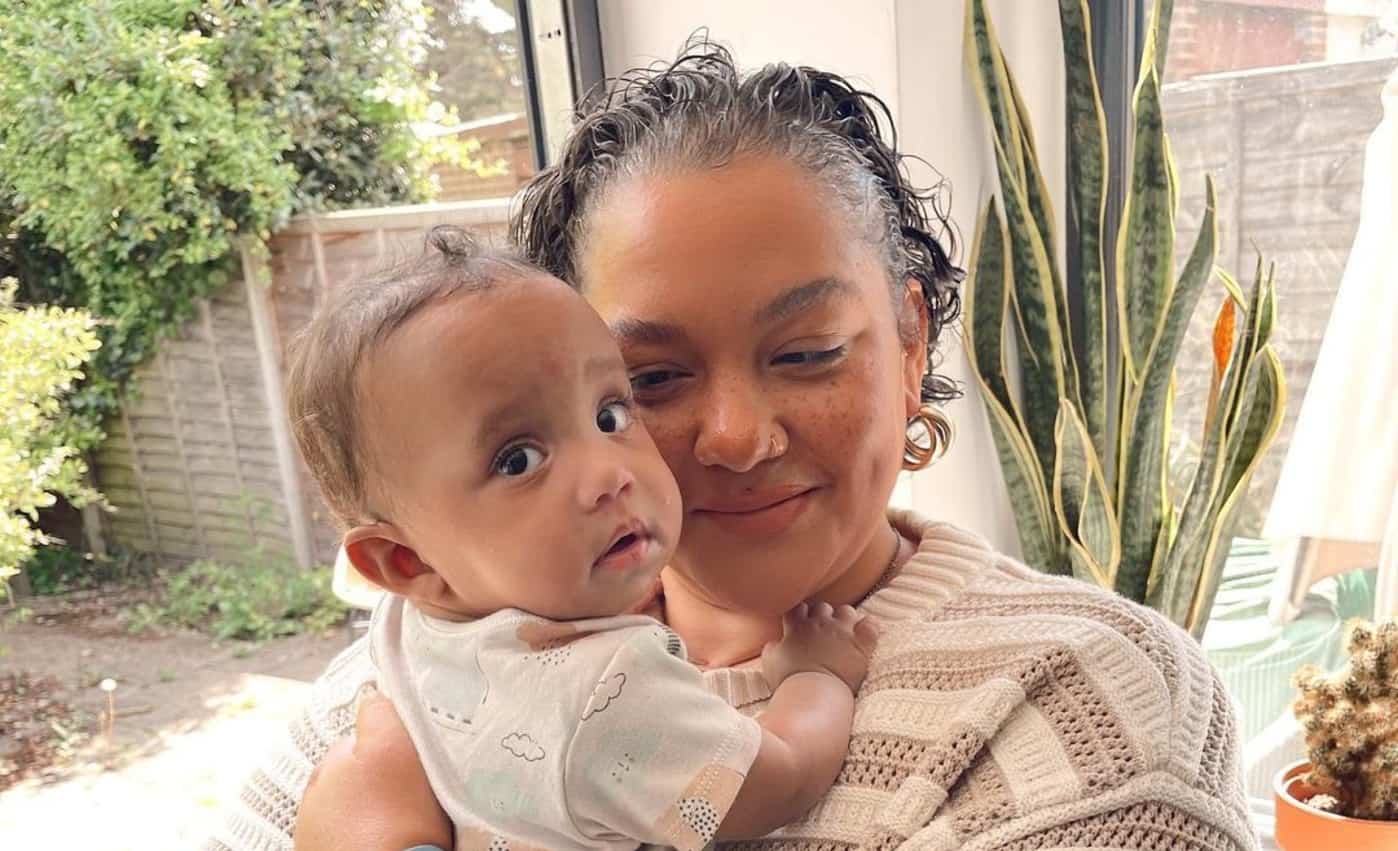The rise in popularity of creators naming and shaming companies that have wronged them and consumers being encouraged to boycott brands should be a warning sign to anyone deprioritising making payment to partners.
Firstly, yes, influencers deserve to get paid and yes, they deserve to be paid on time, particularly with the ongoing cost-of-living crisis putting pressure on purse strings and necessitating ultra-careful budgeting.
They’re not “just an influencer” – they’re a way to reach millions of engaged followers across the world and tell them about your product or service. Gone are the days when everyone underestimated the social media star and expected them to work for free, but even now companies are still offering “exposure” or “free ramen for a year” instead of proper financial compensation.
There are no set industry standards for influencer payment rates – which is a problem in itself, especially when it comes to transparency and creators knowing their worth – although some experts are looking to open up the conversation, set up some accountability and make the industry more equitable. There’s a long road ahead.
Creators calling out brands for late payments
There has been a tidal wave of creators who have taken to social media to complain about long delays in payment, being ignored by companies when following up and quibbles over the rates after the work has been completed. There will be hundreds and hundreds more instances that never made it to the internet, due to embarrassment or naivety or legal wrangling.
Lifestyle creator Yasmin Johal voiced her concerns in December 2020 about being owed more than £3K of invoices by brands – £1.3K of which was outside of payment terms – having just £27 in her account and being unable to buy Christmas presents. The following year, award-winning photographer Kaye Ford shared her invoice was overdue, with multiple promised payment dates having passed by. She then had to escalate the situation by adding a late fee on top of the original invoice.
Skincare creator Andrew Wheatcroft told CORQ it is his biggest pet peeve from collaborators and said: “The respect works both ways so if I’m giving you the work on time then why aren’t you paying me on time?”
More recently, sustainable fashion creator Besma Whayeb took to X (formerly Twitter) to “shout out” the ethical brand that was more than three months late with her payment while podcaster Chanté Joseph used LinkedIn to share her experiences of never receiving the money she was owed due to companies having financial difficulties of their own.
The increasing frustration from influencers combined with rising pressure on incomes – multiple creators described 2023 as their worst financial year to date – is encouraging people to either name and shame the brand involved or blacklist them entirely.
You may also like
User-generated content (UGC) creator Savannah Boyd slammed the UGC Hub for a delayed payment and accused the company of scamming her, which it denies. She said: “Creators, avoid working with them. As long as no other creator has to go through this I’m happy even if they don’t pay me.”
Creators aren’t the only ones struggling to chase payment. The self-employed and freelancers are all at risk and anyone with a social media account can make some noise. Journalists and comedians are particularly open to the public name and shame tactic.
In 2022, food writer and Jack Monroe claimed The Telegraph had not paid her for articles she wrote in 2019 and last year, writer Jason Okundaye said he had been “unable to sleep for hours sick with anxiety because of how late all [his] invoice payments are” and that it’s “not fair to have to live like this”.
In 2021, comedian Daisy May Cooper stated she would only communicate as Tiger King‘s Carole Baskin until she received her final instalment from Penguin following her book launch.
Fellow comedians Mark Watson and Rhys James have shared they are due payment for festivals they performed at in summer 2023, including Standon Calling, which last month apologised for still owing caterers and acts “thousands of pounds”.
Know your options
So what are your options if you’re in the same boat as these creators?
Prior to a deal, consider negotiating an upfront fee – a percentage payment to be paid in advance of any work being completed – to aid with cashflow. This could be up to 50% of the total amount in some cases.
If you have already done the work and your payment is overdue, add a late fee to your invoice, to encourage companies to pay up sooner rather than later. Fashion and lifestyle influencer Carl Thompson has written a blog all about this topic, including advice on how and when to chase, and insights on the UK government’s late payment legislation.
Looking for further support? US-based organisations F*** You Pay Me and DUPAY are working to support creators and advocate for them on this topic. In the UK, it’s also at the forefront of the Digital Creator Association’s mission.
Don’t let the indignity of the chase put you off getting what you’re owed – use all the tactics at your disposal and keep a note of your collaborators’ track records.
And to brands, don’t put yourself at risk of being called out online – there are no benefits to being the one behind the curve and getting caught up in a trial by social media. Ensure timely and accurate partnership payments move to the top of your priority list.
By Lauren Harris, CORQ editor.










